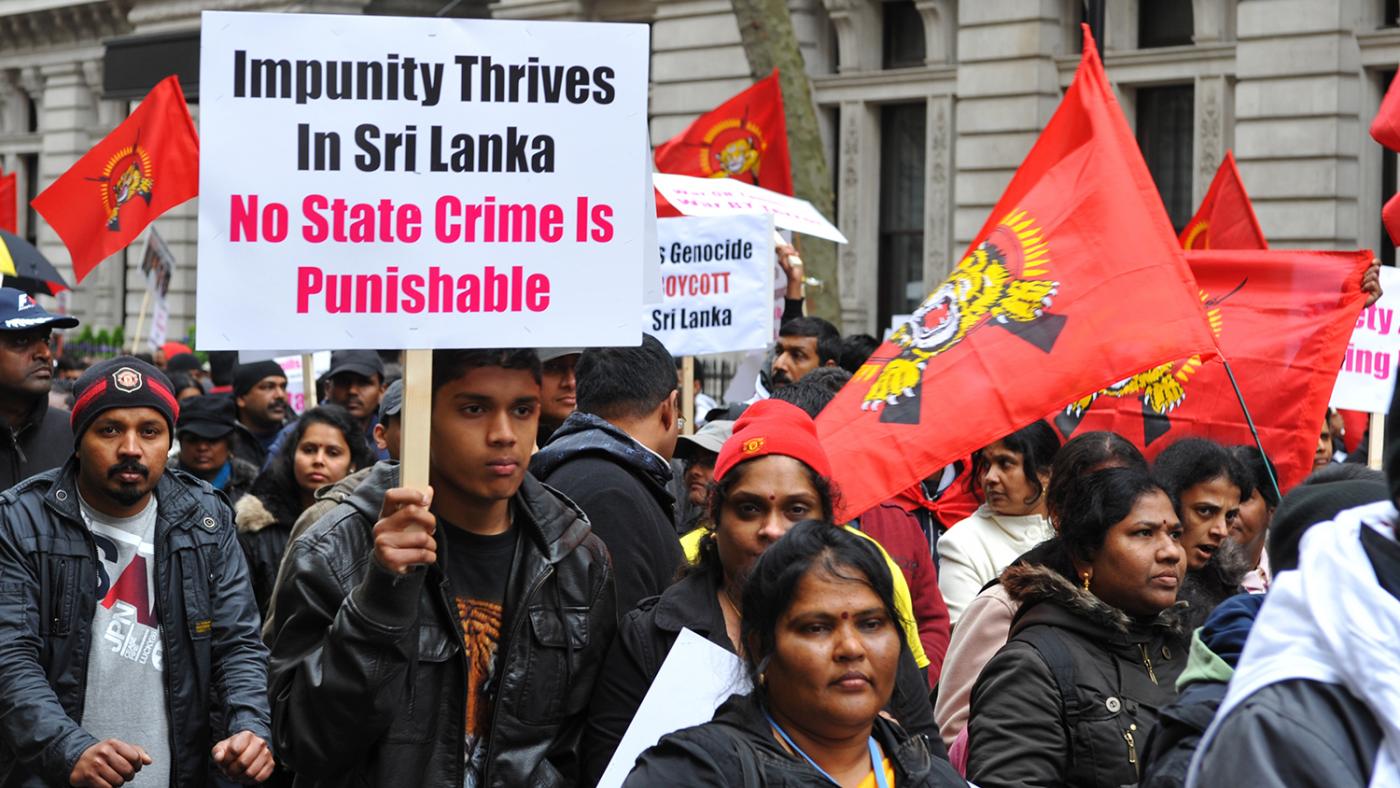Sri Lanka
Beyond 'good' guys' and 'bad guys'

I was born in the middle of the 90s, in the early autumn, in a small, rural town in Western Denmark with a population amounting to roughly 4,000 people on a good day. Out of those few thousands of people, we were only a handful of children sharing the same fate: we all had parents that had fled wars and were slowly settling down in Denmark as the hope of going back home faded over time.
My father had fled from Sri Lanka soon after the civil war began in the 80s and my mum followed in the early 90s. They both belonged to the Tamil ethnic minority that was being persecuted by the Sri Lankan government and its military forces, so those who had the opportunity to flee did so. From then on, their means of keeping tabs on the war back home was through television screens along with occasional letters and phone calls from relatives. I soon realised that many people in my hometown seemed to have become acquainted with the war through a television screen.
I came to this realisation when I was 12 or so and one of my teachers sat down with me during class, looking to make conversation. “Siya, I heard on the news that the bad guys have been defeated in Sri Lanka. That’s really good”, I recall her telling me solemnly yet with an unmistakable sense of optimism. I was perplexed by the statement because, in my family’s lived experience, the ‘bad guys’ were the ones protecting us, an ethnically persecuted group, against the ‘good guys’, the Sri Lankan government forces. I mumbled something back in agreement, not because I agreed with her statement but simply because I didn’t possess the courage and confidence to challenge what an adult had told me, let alone my teacher.
After that, I rarely spoke about the war with anyone. Years later, as a university student in Utrecht, I had the privilege to dive into courses from the literature and history departments. I read papers and books about wars and conflicts, even (and sometimes in particular) about the civil war that my parents had fled. I had the chance to piece together the fragments I had observed throughout my life: the TV anchors in news segments speaking about the horrors committed in Sri Lanka; my parents during the final months of the war tensely following the news tickers from satellite TV that showed a list of the names of people confirmed dead, hoping they wouldn’t recognise any of them; people asking me about my opinion or telling me about the good and the bad guys, whatever that meant.
In truth, both the ‘good guys’ and the ‘bad guys’ had killed innocent people. What is important to remember here is that wars, especially civil wars and ethnic conflicts, tend to be far more complex and cannot simply be explained in terms of good and bad guys fighting each other. As we come to that conclusion, we should not forget that those who suffer the most are common people, regardless of sides.
Siya Sithamparanathan is a 26-year-old Sri Lankan-Danish student who is currently pursuing a Master’s in Linguistics at Utrecht University. Apart from her studies, she likes to dive into small creative projects – anything from making plant hangers to recycling old clothes into rugs.